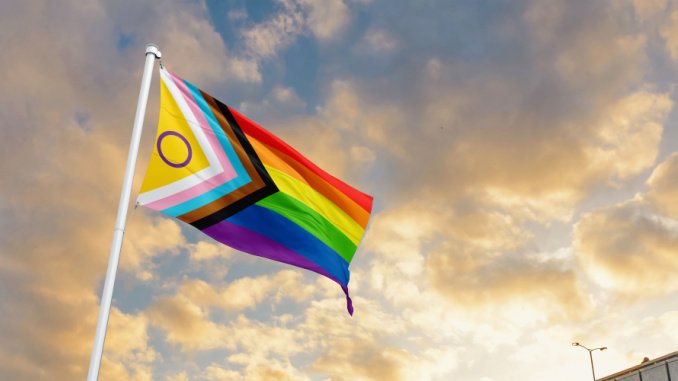American School Counselor Association
PUSD Counselors and Teachers Promote LGBTQ Ideology in Classrooms

By Tamra Farah |
The Peoria Unified School District (PUSD) is under scrutiny for its evolving role of school counselors, previously recognized primarily for assisting with college and career pathways. Critics argue that the current approach reflects a broader trend where counselors are employed as vehicles for ideological indoctrination, particularly concerning family dynamics and the values imparted to students. This shift raises significant questions regarding the role of these educational professionals in shaping young minds.
An example of this transformation can be observed at Ironwood High School, where counselors have an active social media presence. Their Instagram account features various posts aimed at engaging students, but these actions raise eyebrows among parents who may feel excluded from critical discussions regarding their children’s education.
Counselors hold considerable sway in students’ lives; typically, parents promote trust between their children and school officials. However, this dynamic can be seen as an inappropriate misuse of influence. Parents may remain unaware of the narratives being introduced into their children’s education.
This issue extends beyond individual schools, as evidenced by the American School Counselor Association’s logo, indicating this concern is part of a national trend. One counselor from Ironwood, Paige Carpenter-Swaim, has been facilitating the introduction of the GLSEN Rainbow Library, which aims to put LGBTQ-related literature into schools.
Recently, an email exchange revealed the intent to incorporate these materials into the school library. The GLSEN initiative is designed to foster inclusiveness for LGBTQ students, but critics contend that the language used in their mission can be interpreted as overly defensive and polarizing.
The Rainbow Library program has already spread to over 6,700 schools in 33 states, impacting millions of students. Among the titles featured in this collection is “The Lesbiana’s Guide to Catholic School,” which explores themes of identity and acceptance through its protagonist’s struggles. Another notable book, “Beyond the Gender Binary,” challenges conventional understandings of gender, further complicating the educational narrative presented to students.
According to reports, the Rainbow Library has been credited with encouraging students to confide in teachers about their sexual orientation. This raises potential ethical concerns as educators may inadvertently become involved in students’ personal journeys without parental knowledge or consent. Such a scenario illustrates the delicate balance between support and influence and the broader implications for family dynamics.
This initiative represents a troubling trend in public education, where taxpayer-funded schools shift focus from academic proficiency to ideological instruction. Critics argue that discussions around identity and sexuality should be family-centered discussions rather than topics introduced within the school framework. The ramifications of this approach challenge traditional values and demand urgent attention from parents and policymakers alike.
Tamra Farah has two decades of experience in public policy and politics, advocating for personal liberties and limited government. She has held senior director and advisory positions with various organizations and currently leads the SMART Families Network at Arizona Women of Action.


















